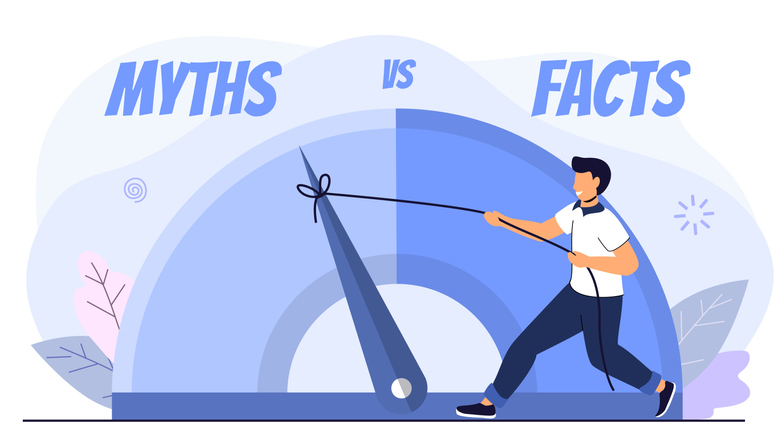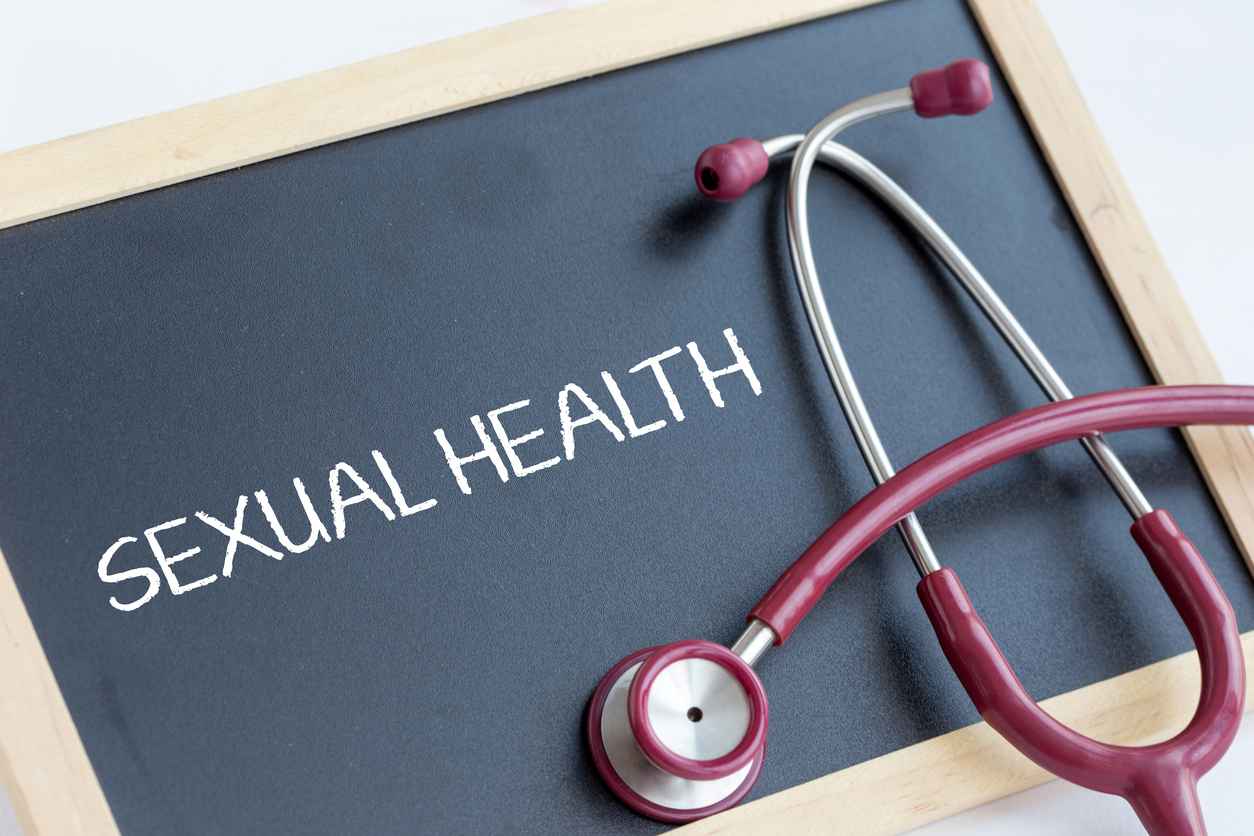
October 27, 2022
Debunking the Myths Around HIV: Get the Facts
An estimated 1.2 million people in the United States alone are currently living with HIV. However, false notions about this condition still abound and prevent many from getting tested or seeking treatment that could save their lives.
This guide covers some of the most common myths about HIV and helps to dispel the fear around it. Here’s what you need to know about common HIV misconceptions so you can protect yourself against it with facts instead of fear.
Myth #1: HIV Is Easily Contracted
HIV can only be transmitted if contact is made with bodily fluids such as blood, semen, vaginal secretions, or breast milk. In most cases, HIV is not spread by casual contact like shaking hands or hugging.
Myth #2: Condoms Aren’t Effective at Preventing HIV Transmission Between Sexual Partners
The most common way for someone to contract HIV is by having unprotected sex with someone who is living with it. Using condoms has proven highly effective at preventing HIV and other sexually transmitted diseases. To increase the safety of these contraceptives and prevent them from breaking or slipping, we recommend you use water or silicone-based lubricants.
Myth #3: An Undetectable Viral Load Means No Transmission of HIV
While it is true that an undetectable viral load means you will not sexually transmit HIV to your partner(s), there is still not enough data to determine whether there is a risk of HIV transmission through shared needles, syringes or other drug injection paraphernalia.
Moreover, being undetectable doesn’t make you immune to STDs; we therefore strongly encourage the use of condoms as added protection during sexual activity.
Myth #4: People Living with HIV and AIDS Shouldn’t Have Children
It’s true that children born to a mother with HIV who don’t get treatment may contract the virus. However, if mother and infant are treated properly, the chances of the child getting HIV are less than 2%!
Myth #5: Being on Antiretrovirals Makes Sexual Relationships Risky for Others
In order for someone to be infected with HIV, they need to come into direct contact with the bodily fluids of someone who has the virus. This includes blood, semen, vaginal fluid and breast milk. Individuals who take antiretrovirals as prescribed can reduce their viral load (the amount of HIV in their body) to very low levels and become undetectable, meaning they will not transmit HIV to their sex partners.
Moreover, the proper use of prophylactic methods can significantly lower the risk of contracting HIV. Regular testing is another great way to ensure you are doing everything under your control to keep yourself and your partners safe.
Myth #6: You Don’t Have To Take PrEP Every Day
In order to work effectively, PrEP must be taken daily, as prescribed by your healthcare provider. Using PrEP in combination with condoms will ensure you are taking all the necessary measures to protect yourself not only from HIV but also from other STDs like chlamydia or gonorrhea.
Consider setting up daily reminders on your phone to make sure you take all your doses. In addition, ask your pharmacy if you can opt for auto refills so that you never run out of PrEP.
Visit Our Pennsylvania Locations for Expert HIV Testing and CDC Recommended Treatment
If you think you might have contracted HIV, please see a health professional immediately so they can test and provide treatment. At Novus, our team is dedicated to providing specialized care for every person who visits us; we are experts at what we do, and it shows in the personalized and compassionate services we provide.
Contact us today to request an appointment at one of our five Pennsylvania locations; we look forward to meeting you.
Recent News

How is HIV Transmitted?
February 18, 2026

How TelePrEP Makes HIV Prevention More Accessible
January 15, 2026

Understanding HIV vs. AIDS
December 11, 2025

Understanding Vivitrol: How It Supports Recovery from Opioid and Alcohol Dependence
November 13, 2025

How to Talk to Your Partner About STD Testing
October 27, 2025

Why Sexual Health Awareness Month Matters: Breaking Stigma & Promoting Care
September 18, 2025

How Often Should You Get Tested for STDs?
August 15, 2025